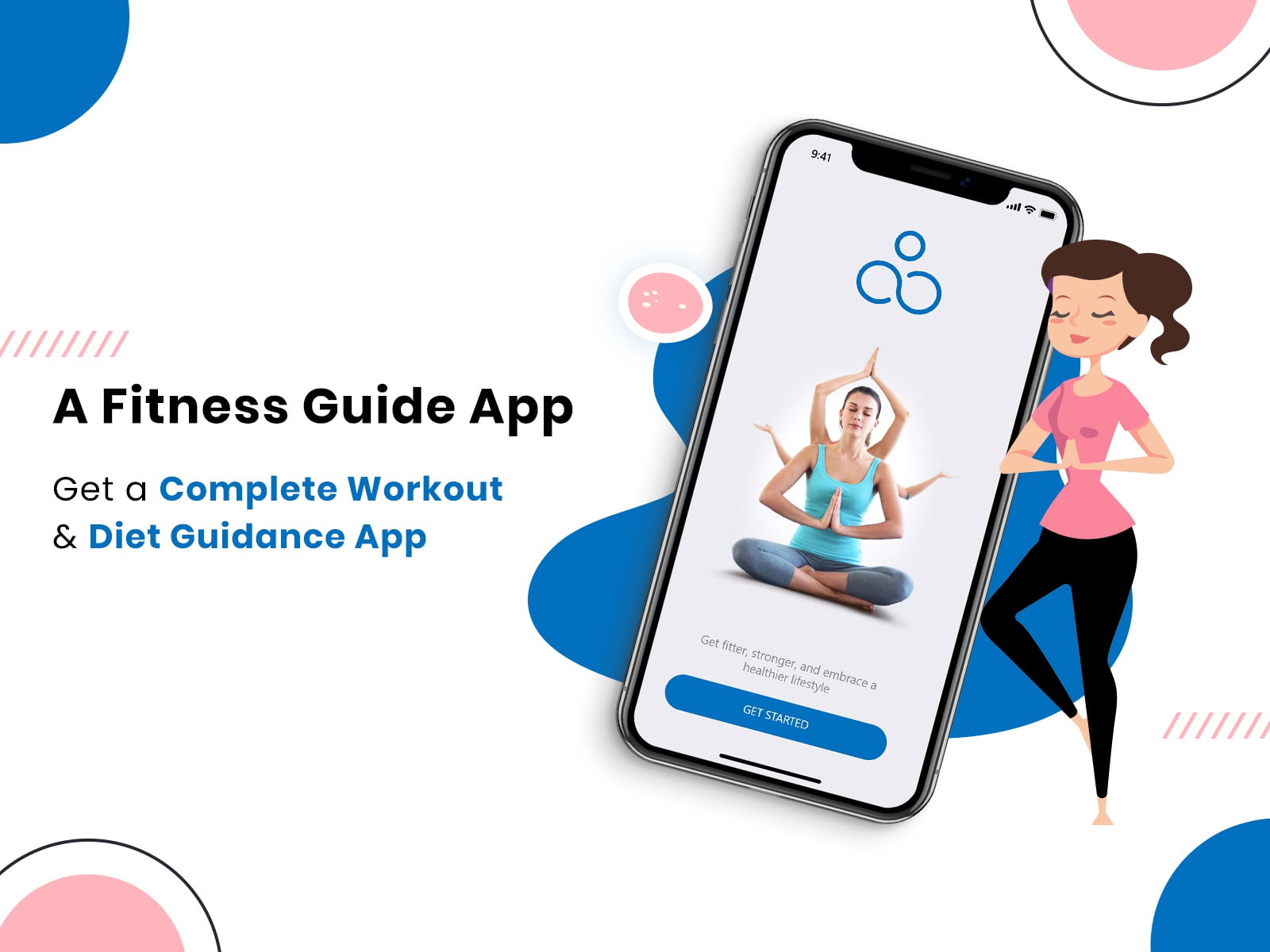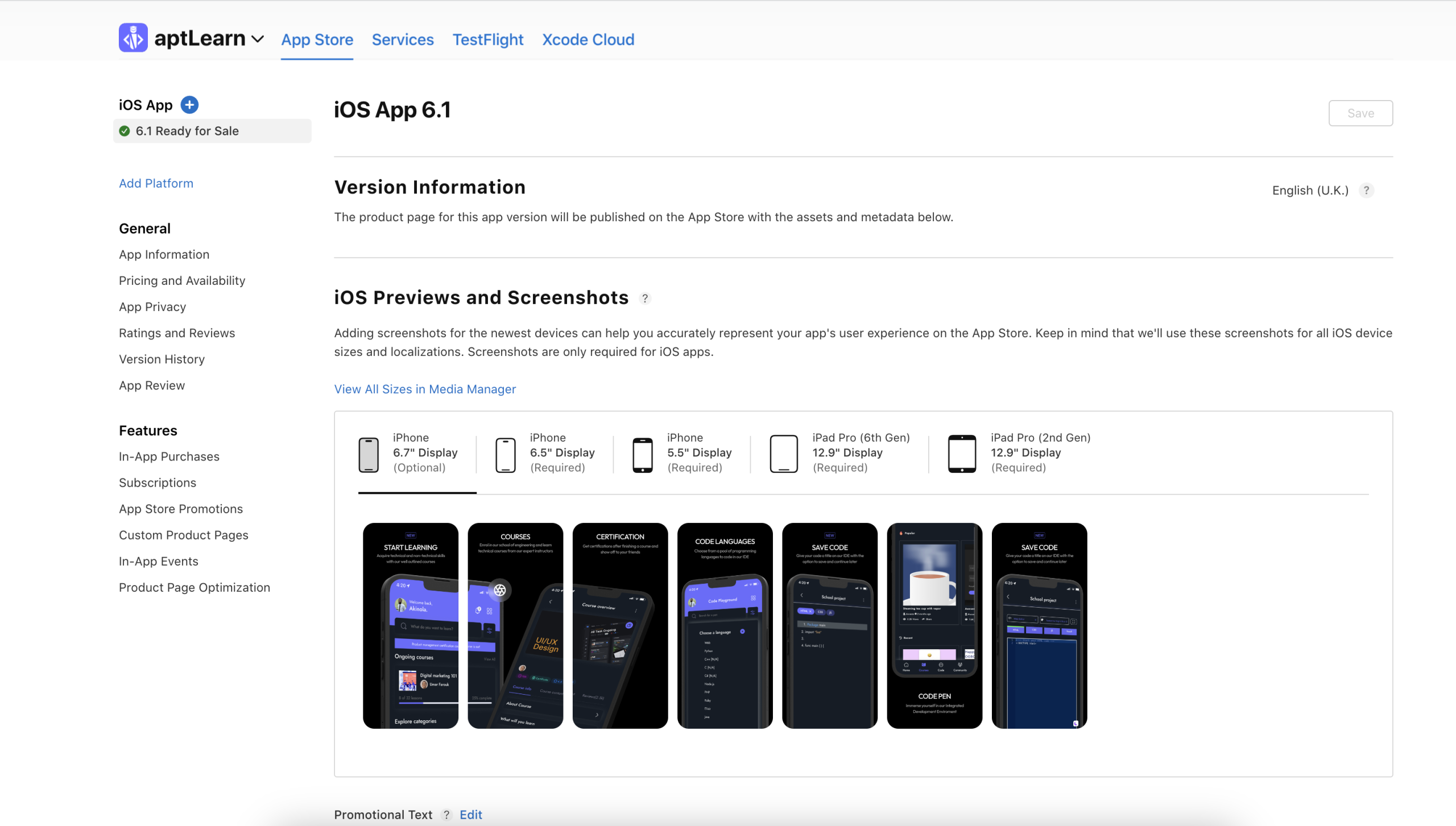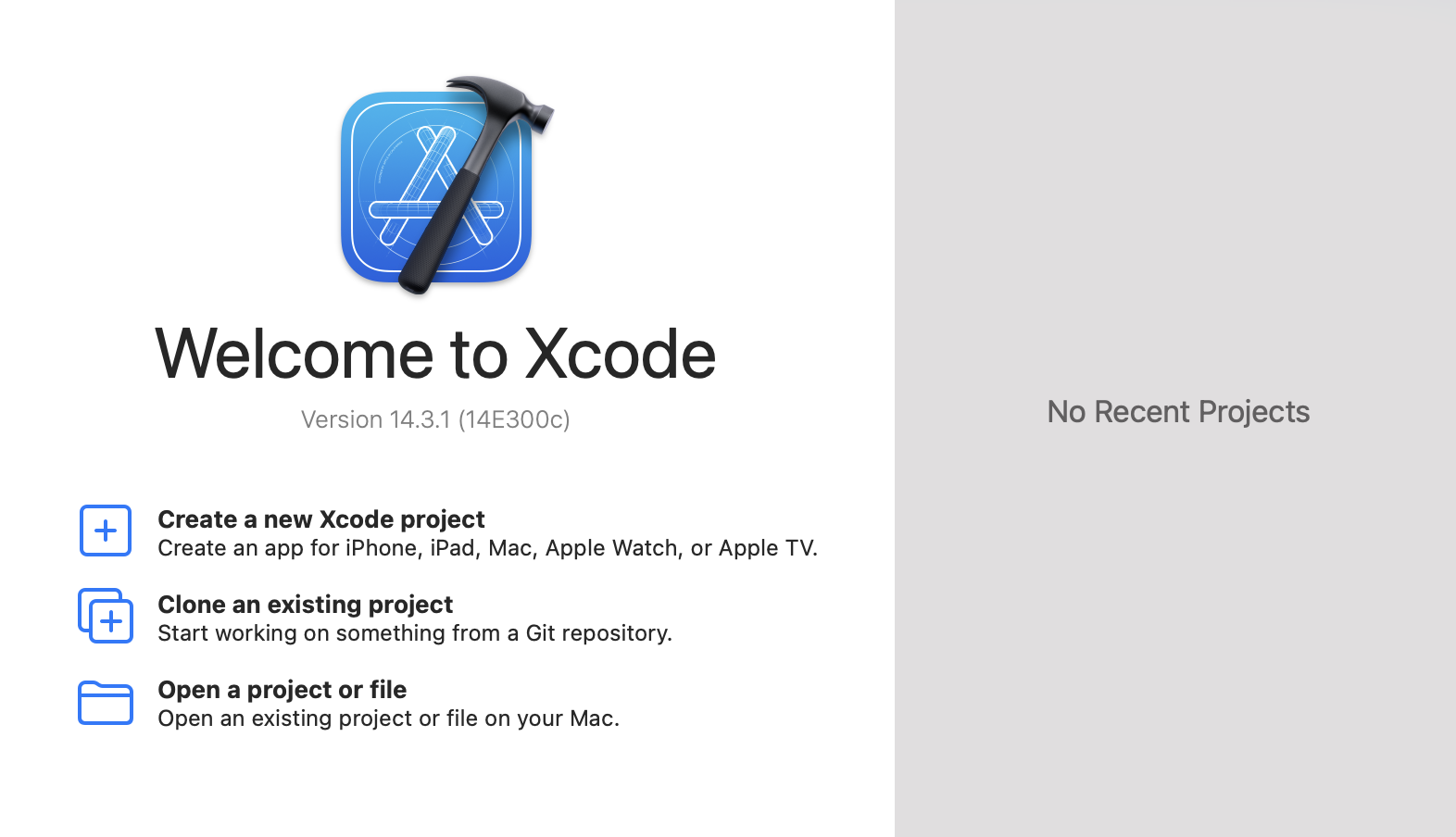Fellow small business owner!
Listen, I know what you’re thinking: “Mobile app for my little business? That’s for the big guys, right?”
Wrong. While most big companies have jumped on the app train of creating a mobile app, the truth is that mobile apps are a goldmine for small businesses like ours. Unfortunately, few small business owners realize this, and that’s where we come in.
Now, you might be thinking: “But I already have a website! Isn’t that enough?” Well, while a website is definitely a must-have, a mobile app takes things to a whole new level.
Here’s why:
- Engagement: Imagine customers snapping pictures of your products and sharing them on social media from your app. That’s instant brand promotion, baby!
- Loyalty: The app rewards your loyal customers with exclusive deals and discounts. They’ll be hooked and coming back for more.
- Location: Know when your best customers are nearby and send personalized offers. It’s like having a personal shopper in their pocket.
- Personalized shopping: Create a unique shopping experience for each customer based on their preferences. Think: curated product recommendations and special offers they’ll love.
👉🏾 Other Swiftspeed Users Also Read: The Ultimate Guide to iPhone Screen Resolutions and Sizes in 2024
So, what are you waiting for? Let’s ditch the “too small for an app” mindset and unlock the amazing potential of mobile technology for our businesses.
best way to grow your small business with a mobile app
Let’s face it: the world has gone mobile. And if your business isn’t on board, you’re missing out on a massive opportunity. The numbers speak for themselves: smartphone users are glued to their devices, spending hours each day exploring the digital world. In fact, mobile usage has surpassed desktop usage, and this trend continues to accelerate.
But the most crucial statistic is that nearly 90% of that mobile time is spent actively engaging with apps. If you’re relying solely on your website to attract customers, you’re playing a losing game.
Need more proof? In 2013, Google conducted a study that tracked the mobile purchase journey across various industries. The results were eye-opening: only 48% of users started their search on a desktop, highlighting the overwhelming dominance of mobile browsing.
So, what does this mean for you as a marketer? It’s clear that mobile apps are no longer optional – they’re essential. Here are some key insights to keep in mind:
- Mobile is the New Path to Purchase: Consumers increasingly rely on their mobile devices throughout the buying process. They expect information on demand, making proximity a critical factor in converting interest into action. Geolocation technology allows businesses to anticipate and fulfill customer needs in real-time, driving sales and loyalty.
- Cater to Impulse Buying: Digital marketing, through a personalized app experience, unlocks the power of impulse buying. By anticipating customer needs and desires, you can create irresistible offers that turn browsing into buying, maximizing your conversion rates.
- Embrace the Power of Customization: Mobile apps offer an unparalleled level of personalization. You can tailor your app to each user’s preferences, recommending products, offering exclusive deals, and providing targeted information that resonates with their unique needs. This fosters deeper connections and encourages repeat business.

Why Mobile Apps Still Matter, Even With a Successful Mobile Website
It’s true; you might be happy with your mobile website’s conversion rate. But here’s the thing: mobile apps offer a whole new dimension of engagement and loyalty that simply isn’t possible with a website alone.
Mobile Website vs. Mobile App: Comparing Marketing Objectives, User Interaction, and Advantages
| Feature | Mobile Website | Mobile App |
|---|---|---|
| Marketing Objective | Attract new customers | Create loyal customers |
| Mechanism of Use | Tap the icon on a smartphone screen | Two-way, ongoing push notifications enabled |
| User Interaction | One-way, completion-based | Higher engagement, loyalty, and ease of use. App “lives” on the user’s device |
| Marketing Advantage | More responsive to search queries (in most cases) | Higher engagement, loyalty, and ease of use. App “lives” on the user’s device. |
Here’s why you should consider adding a mobile app to your marketing arsenal, even if your mobile website is performing well:
1. Deep Engagement and Push Notifications:
- Apps offer a more immersive and engaging experience. The app icon on their home screen constantly reminds users of your brand, encouraging them to return for more.
- Push notifications allow you to communicate directly with users, even when they’re not actively using the app. This is a powerful way to keep them informed about new products, offers, and promotions, driving them back to your app and conversions.
2. Increased Brand Loyalty:
- Apps provide a personalized experience. You can tailor the app to each user’s preferences and behavior, creating a sense of exclusivity and fostering loyalty.
- Offline functionality allows users to access certain features and information even without an internet connection. This is particularly beneficial for businesses that offer services or products that can be used offline.
3. Enhanced Functionality and Features:
- Apps can leverage the full capabilities of a smartphone, including GPS, camera, and microphone. This opens up a world of possibilities for interactive features and functionalities that are simply not possible with a website.
- Apps can access and store data locally on the user’s device. This can improve performance and responsiveness, especially for complex tasks.
4. Unique Marketing Opportunities:
- Apps offer built-in marketing features like loyalty programs, push notifications, and in-app advertising. This allows you to reach your target audience with highly targeted and effective campaigns.
- Apps provide valuable data and insights into user behavior. This data can be used to improve your app, personalize the user experience, and ultimately boost conversions.
Remember, mobile websites and mobile apps are not mutually exclusive. They work together to create a comprehensive and synergistic mobile marketing strategy. Your website acts as a gateway, attracting new customers and driving them towards your app, where you can cultivate deeper engagement and loyalty.
Should Your Small Business Take the Mobile App Plunge?
Before diving in, ask yourself a crucial question: does your business need a mobile app? If not, there is no need to read further. While mobile apps offer undeniable benefits for many small businesses, they’re not a one-size-fits-all solution.
Here are two key questions to consider:
- Do you benefit from a 24/7 customer connection?: Imagine reaching your customers anytime, anywhere. Mobile apps make this a reality, fostering stronger relationships and personalized interactions.
- Can you create a fun and valuable mobile experience?: This might seem tricky but think beyond just shopping. Could your app offer engaging features like loyalty programs, exclusive content, or social elements? Don’t dismiss the idea before brainstorming – inspiration might strike before you finish this article:

- Is your company going to benefit from a mobile app?
This question, deceptively simple, can leave you scratching your head. Yes, reaching customers 24/7 sounds tempting – but what’s the real melody for your business? Before embarking on this app-venture, remember, your dreams aren’t mirages. Take the example of an app with enticing discounts – a marketplace serenade, wooing customers back for encore purchases.
But what if you’re a personal trainer? Your app’s tune might be different. It could be a concerto of authority, establishing you as the fitness maestro with personalized workout plans and a vibrant community. Or maybe your app is a quiet assistant, streamlining operations and helping you conduct business with a symphony of efficiency.
👉🏾 Other Swiftspeed Users Also Read: How do Free Apps Make Money in 2024? strategies Exposed
A mobile app can be powerful even if you sell products online. Just remember, defining success is more than just tracking sales. Is it a standing ovation of increased engagement? A crescendo of brand awareness? Or perhaps a harmonious optimization of internal processes?
Make an app with Swiftspeed Appcreator
Create premium apps without writing a single line of code, thanks to our user-friendly app builder. Build an app for your website or business with ease.
Advantages of Mobile App Marketing vs. Other Promotional Tools
Think about your phone for a second. On average, we’ve all got like 26 apps on there. That’s your playground if you’re into app marketing. You’re basically trying to be the coolest of the 26 to get noticed. Now, if that feels like a lot, just picture the online scene – it’s a whole different ball game. You’ve got millions of blogs out there. It’s not just a crowded street; it’s more like a bustling global festival.
Social Networking vs. Mobile App Marketing
Now, let’s chat about social media. It’s been around the block, right? Every local business, big or small, is jumping on the Facebook or Twitter bandwagon. It’s like everyone’s handing out flyers to their shop in this massive, virtual town square.
The catch? When folks are scrolling through their feeds, they’re usually not in the mood to shop. They’re there to laugh at memes, catch up on gossip, or see what their friends are up to. So, if you’re trying to get their attention for your app, you’re kinda competing with a bunch of more fun, distracting stuff.
The deal with mobile app marketing is that it’s like having a more focused, one-on-one conversation with your audience. You’re not shouting over a crowd; you’re right on their phone, where they can see you clearly without all the extra noise. That’s a pretty sweet spot to be in.
3 Things You Stand To Profit By Creating a Mobile Application
1. Earn Money
- Creating a mobile application opens up new avenues for revenue generation. This can be achieved through displaying advertisements within the app or offering in-app purchases and subscriptions. These monetization strategies can effectively turn your app into a steady stream of income.
2. Reach a Different Set of Consumers
- A mobile app can help you tap into a new customer base. Beyond your existing clientele, an app provides the opportunity to attract and engage users who may be encountering your brand for the first time. This expansion of your audience can be crucial for growing your business.
3. Showcase Goods and Services
- Your app serves as a platform to display your products and services. While it provides utility or entertainment to the user, it also functions as a digital showcase of what your company offers. This can be an effective way to promote your offerings and enhance brand recognition.
Developing a mobile application can be a strategic move to diversify your business model, expand your reach, and showcase your products in a modern, digital format.
Small Business Mobile App Planning

If you’ve determined that the app is the right move for your company, it’s time to get down to your app and develop the technical aspects. Based on your organization’s size, the normal first move is to designate an app team—a community of members representing the company’s main business activities. For the most part, this involves a C-suite representative, the communications department director, and someone from IT who knows the development and support process.
Your app team’s first step is to list what you want your app to do. They typically fall into three categories: purchase, interaction, and transfer. If you have established your goals, consider the functionality that your app requires to succeed.
Wrapping Up
While you might be an early adopter among your mobile marketing peers, you must understand that there’s nothing to stop your rivals from getting underway. All you need is some innovative thinking and strategic preparation, and you will have your own app in no time.
Using resources like those we’ve created, you can create an app for a small fraction of the time and financial commitment it would take to design it from the ground up.





Sounds like a plan
Haha, Yes, it does.